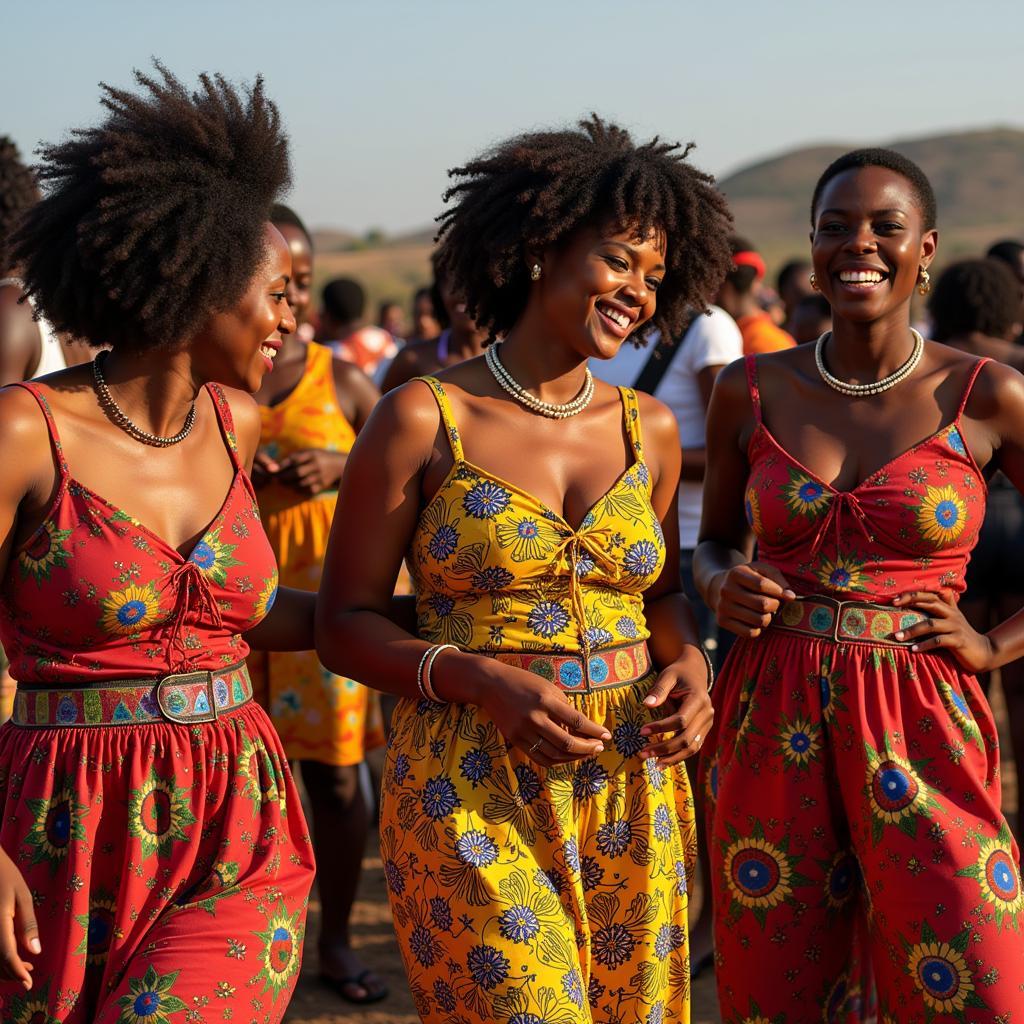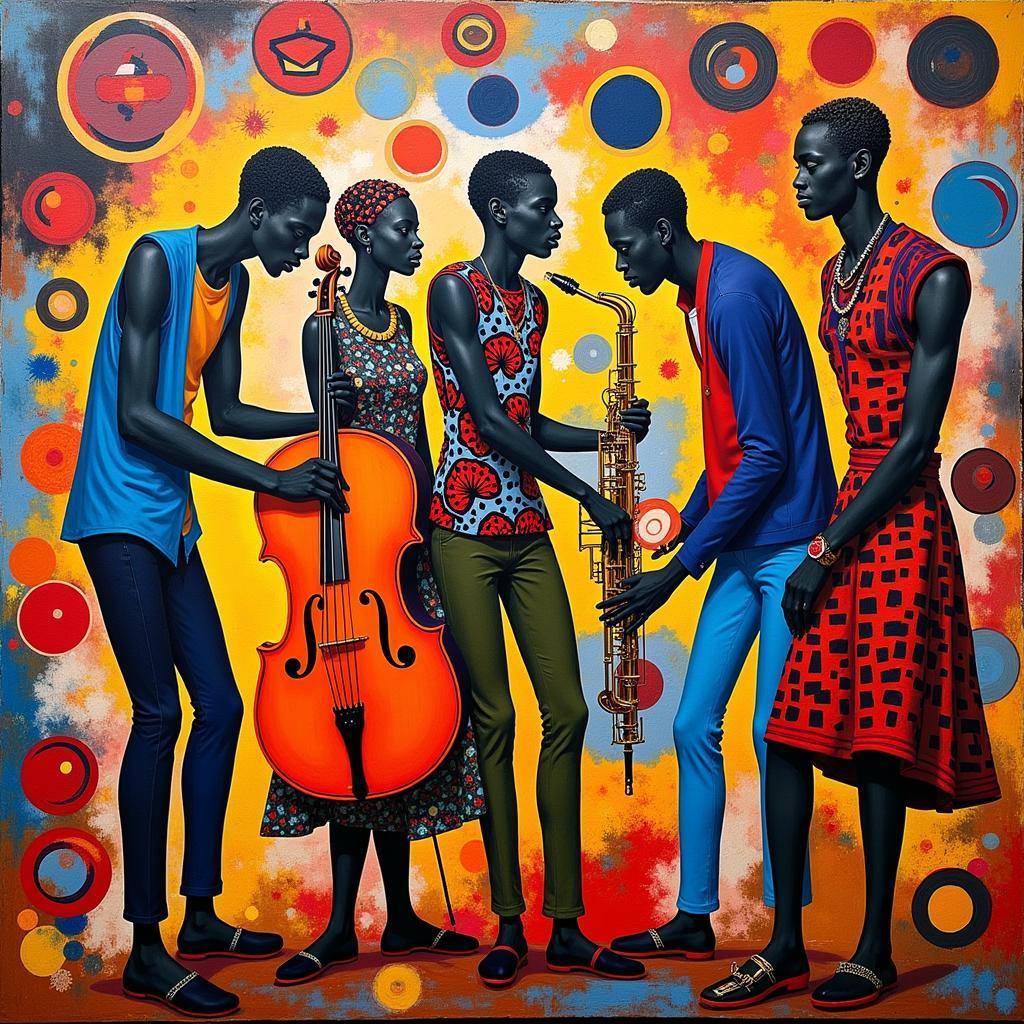African American Freedom Fighters: A Legacy of Resistance
African American Freedom Fighters have played a crucial role in the pursuit of liberty and equality throughout history. From the earliest days of slavery to the Civil Rights Movement and beyond, their unwavering courage and relentless determination have shaped the course of American history. This article delves into the lives and struggles of these remarkable individuals, highlighting their contributions to the ongoing fight for justice and equality.
The fight for freedom and equality has been a long and arduous journey, marked by both triumphs and setbacks. African American freedom fighters, often facing insurmountable odds and brutal oppression, have consistently demonstrated remarkable resilience and unwavering commitment to their cause. Their struggles have not only shaped the African American experience but also significantly impacted the broader American narrative.
Early Resistance and Abolition
Even during the darkest days of slavery, African Americans resisted their bondage in various ways. From acts of quiet defiance, like slowing down work or feigning illness, to more overt forms of resistance, such as running away and joining maroon communities, enslaved people continually asserted their humanity and desire for freedom. These acts of resistance laid the groundwork for the abolitionist movement and inspired many to fight for the end of slavery. The African dimensions of the Stono Rebellion offer a compelling example of this early resistance.
One prominent figure in the abolitionist movement was Frederick Douglass, a former slave who became a powerful orator and writer. Douglass’s eloquent speeches and autobiographies exposed the horrors of slavery and galvanized support for abolition. Sojourner Truth, another former slave, also played a significant role, advocating for both abolition and women’s rights. These courageous individuals, along with many others, dedicated their lives to the cause of freedom, using their voices to challenge the institution of slavery and inspire hope in those who suffered under its yoke.
The Civil Rights Movement and Beyond
The struggle for civil rights in the 20th century saw the emergence of numerous iconic African American freedom fighters. Dr. Martin Luther King Jr., with his philosophy of nonviolent resistance, led the movement to achieve landmark victories, including the Civil Rights Act of 1964 and the Voting Rights Act of 1965. Figures like Rosa Parks, whose courageous act of defiance on a Montgomery bus sparked the Montgomery Bus Boycott, and John Lewis, a leader of the Student Nonviolent Coordinating Committee (SNCC), demonstrated unwavering commitment to achieving equality. These brave individuals, and countless others who participated in sit-ins, freedom rides, and marches, risked their lives to challenge segregation and discrimination. You can explore more about African American regiment involvement in this struggle.
The fight for freedom and equality extended beyond the Civil Rights Movement. Leaders like Malcolm X challenged the prevailing narrative of integration and advocated for Black empowerment and self-determination. The Black Power Movement, with figures like Stokely Carmichael and Angela Davis, emphasized Black pride and self-reliance. These movements, while sometimes controversial, played a crucial role in raising awareness about systemic racism and inspiring a new generation of activists.
Who Are Some Notable African American Freedom Fighters?
Who comes to mind when you think of influential African American freedom fighters? Names like Martin Luther King Jr., Rosa Parks, and Malcolm X are often at the forefront. But the fight for freedom involved countless individuals, many whose names are less known but whose contributions were no less significant. From Harriet Tubman, who guided enslaved people to freedom on the Underground Railroad, to Medgar Evers, a civil rights activist who was assassinated for his work, the tapestry of African American resistance is rich with stories of courage and sacrifice. Learn more about impactful groups in the article on African freedom fighter groups.
“The fight for freedom is never truly over,” says Dr. Anika Johnson, a historian specializing in the African American experience. “Each generation faces new challenges and must find its own ways to continue the struggle for justice and equality.” Her words resonate with the ongoing need for vigilance and action in the face of persistent inequalities.
The Legacy of African American Freedom Fighters
The legacy of African American freedom fighters continues to inspire individuals and movements around the world. Their unwavering commitment to justice, their courage in the face of adversity, and their unwavering belief in the power of collective action serve as a testament to the human spirit. Their struggles remind us that the fight for freedom is a continuous process, requiring constant vigilance and a commitment to upholding the principles of equality and justice for all. You can explore more about notable African heroes who contributed to this legacy.
“The fight for freedom is not just about achieving legal equality,” states Dr. Kwame Nkrumah, Professor of African Studies, “it’s about dismantling systemic oppression and creating a society where everyone has the opportunity to thrive.” This sentiment encapsulates the ongoing work that remains to be done.
In conclusion, the story of African American freedom fighters is a story of resilience, determination, and unwavering hope. Their contributions to the ongoing fight for freedom and equality have shaped the course of American history and continue to inspire us today. We must continue to honor their legacy by working towards a future where justice and equality prevail for all.
FAQ
-
Who was Frederick Douglass? Frederick Douglass was a former slave who became a prominent abolitionist, writer, and orator.
-
What was the Civil Rights Act of 1964? The Civil Rights Act of 1964 outlawed discrimination based on race, color, religion, sex, or national origin.
-
Who was Rosa Parks? Rosa Parks was a civil rights activist whose refusal to give up her seat on a bus sparked the Montgomery Bus Boycott.
-
What was the Black Power Movement? The Black Power Movement was a political and social movement that emphasized Black pride, self-determination, and the use of various forms of resistance.
-
Who was Malcolm X? Malcolm X was a Muslim minister and human rights activist who advocated for Black empowerment and challenged the nonviolent approach to civil rights.
-
What is the significance of African American freedom fighters? African American freedom fighters played a vital role in the fight for equality and justice, shaping the course of American history and inspiring movements worldwide.
-
How can we continue the legacy of African American freedom fighters? We can continue their legacy by actively working towards a just and equitable society, challenging discrimination, and advocating for the rights of all people.
Common Scenarios and Questions
- How did African Americans resist slavery? Resistance took various forms, from subtle acts like work slowdowns to more overt actions like running away and organizing revolts.
- What were the key strategies of the Civil Rights Movement? Key strategies included nonviolent resistance, boycotts, sit-ins, freedom rides, and legal challenges to segregation.
- How did the Black Power Movement differ from the Civil Rights Movement? The Black Power Movement emphasized Black pride, self-reliance, and sometimes advocated for more radical approaches than the nonviolent methods favored by many Civil Rights leaders.
Further Exploration
You might also be interested in learning more about African American soldiers in World War 1.
For assistance, please contact us at Phone Number: +255768904061, Email: [email protected] or visit us at Mbarali DC Mawindi, Kangaga, Tanzania. We have a 24/7 customer service team.

